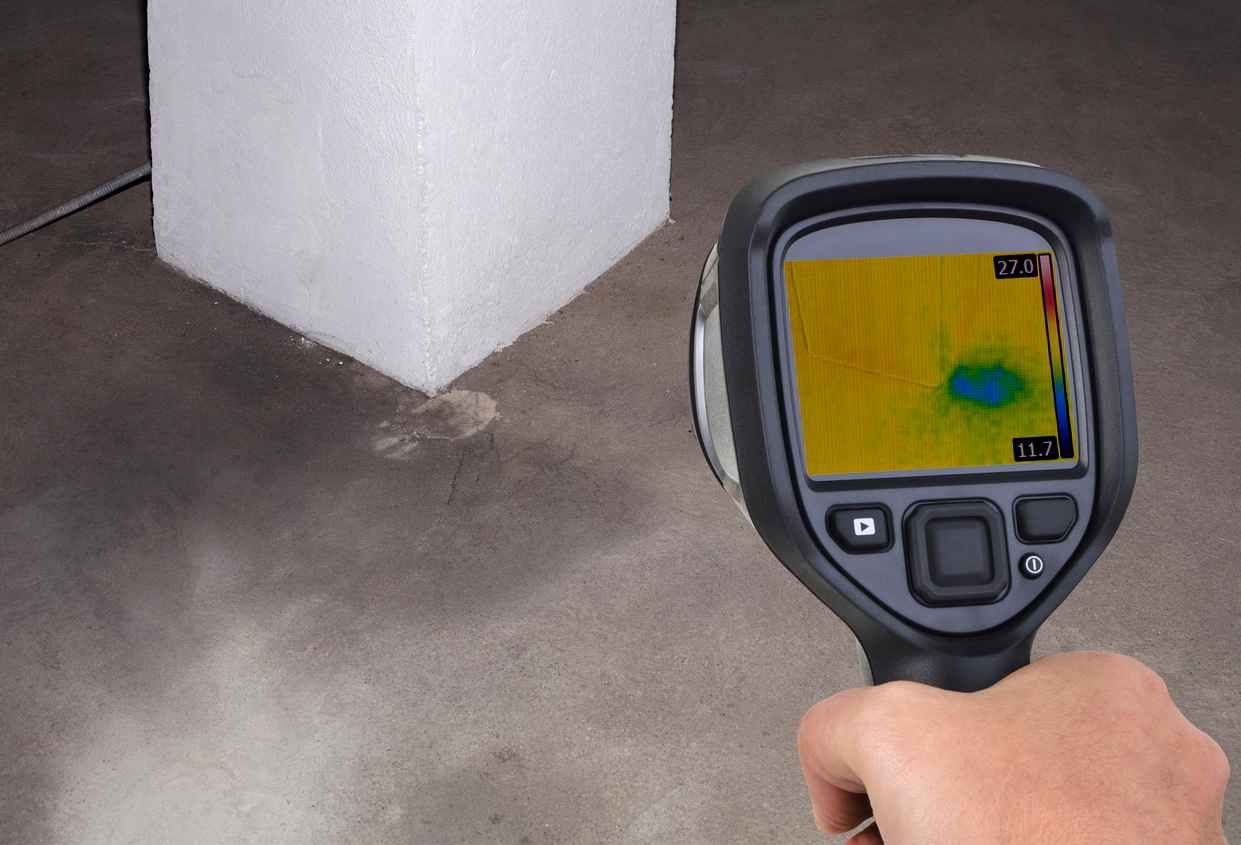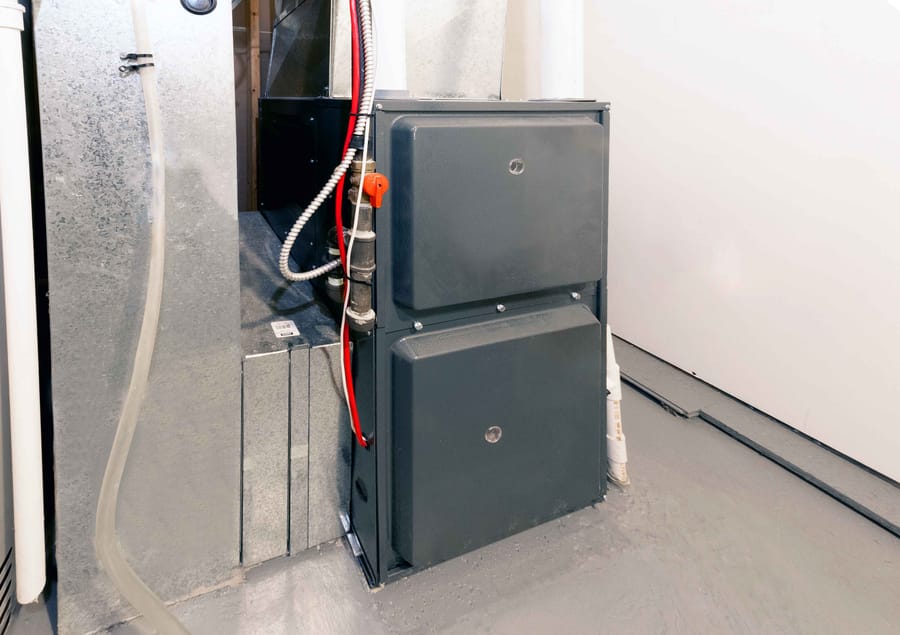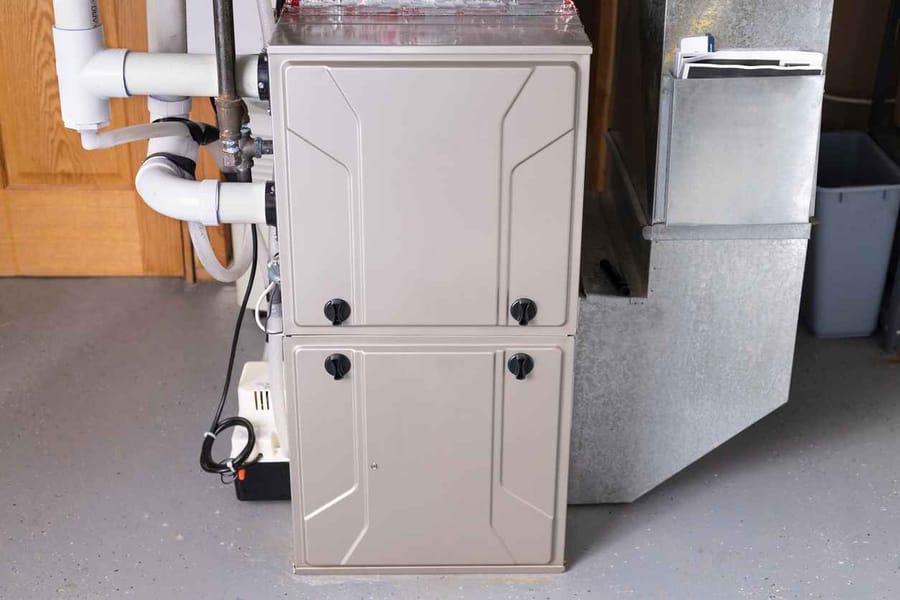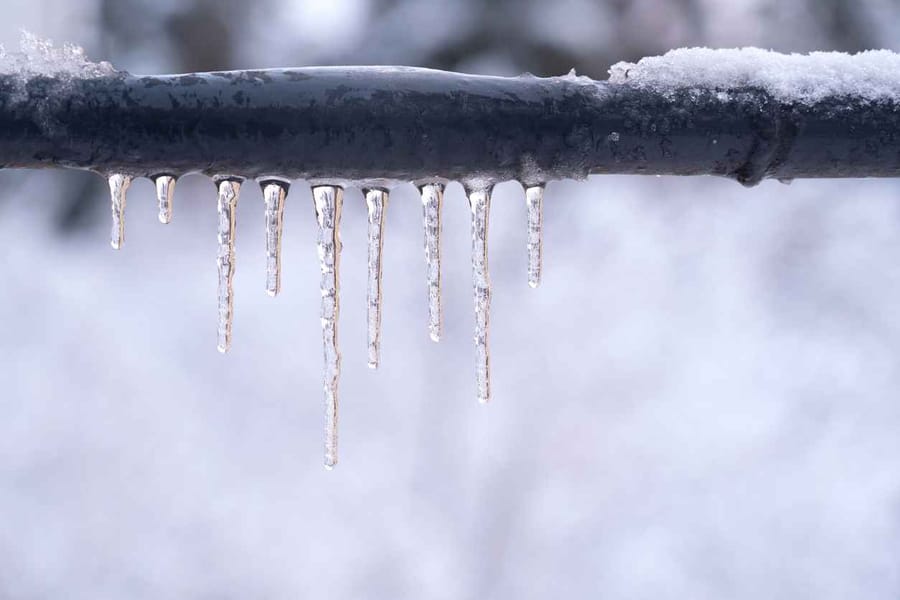4.8 Google Rating

How Does Leak Detection Work
A small, hidden leak can lead to big trouble if it goes undetected. Whether it’s dripping behind a wall, seeping under a slab, or soaking into the floorboards, water has a way of quietly creating damage before you ever see a puddle. From rising water bills to mold growth, the effects of a concealed leak are often expensive—and avoidable. That’s where professional leak detection comes in.
Today’s advanced tools make it possible to locate leaks accurately, quickly, and with minimal disruption to your home. In this blog, we’ll break down how leak detection works and how AAA Service Plumbing, Heating and Electric uses modern technology to stop water damage before it starts.
What is Leak Detection?
Leak detection is the process of locating water leaks that are hidden from plain sight—whether they’re behind walls, under floors, or buried beneath concrete slabs. While some leaks are obvious, like a dripping faucet or a visible pipe crack, others can go unnoticed for weeks or even months while quietly causing structural damage and driving up your water bill.
Modern leak detection focuses on non-invasive, accurate methods that minimize damage to your home. Instead of tearing into drywall or guessing where the issue might be, licensed plumbers use advanced equipment to pinpoint the leak’s exact location with precision.
Whether you’re dealing with a residential leak in your kitchen or bathroom, or a buried pipe under your driveway, professional leak detection is the key to finding the problem—before it becomes a much bigger one.
Common Signs You Might Have a Hidden Leak
Not all plumbing leaks are easy to spot. Some hide out of sight but leave behind subtle clues that something isn’t right. If you know what to look for, you can catch these issues early and prevent major water damage.
Visual and Physical Signs
- Water stains on ceilings or walls, often yellowish or brown
- Peeling paint or bubbling wallpaper caused by moisture behind surfaces
- Warped flooring or damp carpets, especially near bathrooms or kitchens
- A musty smell in specific areas, which could point to mold from prolonged dampness
Performance and Usage Changes
- A noticeable drop in water pressure when using sinks or showers
- Unexplained increases in your water bill, even though your usage hasn’t changed
- The sound of running water behind walls or under floors when no fixtures are in use
If you’re seeing or hearing any of these warning signs, it’s time to investigate further—and leak detection is the best way to get answers fast.
How Professional Leak Detection Works
When a leak is hidden behind walls, underground, or under flooring, locating it without damaging your home requires advanced tools and techniques. At AAA Service Plumbing, Heating and Electric, we use a combination of high-tech methods to zero in on the leak—quickly, accurately, and with as little disruption as possible.
Acoustic Leak Detection
This method uses highly sensitive microphones and listening devices to detect the sound of water escaping from pipes.
- It works especially well for slab leaks and underground lines.
- Trained technicians can isolate the exact spot of the leak by listening for subtle hissing, dripping, or splashing noises.
Infrared Thermal Imaging
Infrared cameras pick up temperature differences on walls, ceilings, and floors caused by moisture.
- Leaks often create cooler areas due to evaporation.
- Thermal imaging allows us to “see” behind surfaces without opening them up.
Video Pipe Inspection
A waterproof, flexible camera is inserted into your plumbing system to provide a real-time video feed from inside your pipes.
- This helps identify cracks, root intrusions, pipe separation, or corrosion.
- It’s especially effective for sewer line and main drain issues.
Pressure Testing
This test measures the pressure inside your plumbing lines to detect drops that indicate a leak.
- Often used in combination with other tools.
- Great for confirming leaks in closed systems like supply lines or radiant heating.
Each of these tools gives us a clearer picture of your plumbing system—without guesswork or unnecessary demolition.
Benefits of Early Leak Detection
Catching a leak early isn’t just about stopping water—it’s about protecting your home, your budget, and your health. With professional leak detection from AAA Service Plumbing, Heating and Electric, you can prevent damage before it starts and avoid the high costs of repairs later on.
Here’s why early detection matters:
- Lower water bills: Hidden leaks can waste hundreds of gallons per month—fixing them saves money right away.
- Prevent mold and mildew: Leaks that linger behind walls or under floors create the perfect environment for mold growth.
- Avoid structural damage: Water can weaken foundations, rot wood, and warp drywall if left unchecked.
- Smaller, less expensive repairs: The sooner you act, the less invasive and costly the fix tends to be.
- Peace of mind: Knowing your plumbing is secure means less stress and more confidence in your home’s integrity.
Leak detection is a proactive step that protects your property and helps your plumbing system last longer.
Find Leaks Fast with AAA Service Plumbing, Heating and Electric
A hidden leak can cause big trouble if it’s not caught early—but with the right tools and expert help, you don’t have to let water damage take over your home. From slab leaks and drain issues to moisture behind the walls, professional leak detection gives you the answers you need—without the mess.
At AAA Service Plumbing, Heating and Electric, we combine experience with advanced technology to locate leaks quickly and fix them right the first time. Whether you’re seeing signs of water damage or just want peace of mind, we’re ready to help.
Contact us today to schedule expert leak detection and protect your home from costly water damage.
Recent News

HVAC Solutions for High-Altitude Historic Homes in Fort Collins

Why are Gas Furnace Prices Increasing in Colorado in 2026?

How the High Altitude Impacts Your Furnace and Air Conditioning in Colorado

Preventing Frozen Pipes in the Denver Metro: What Every Homeowner Should Know
Contact Us Today

